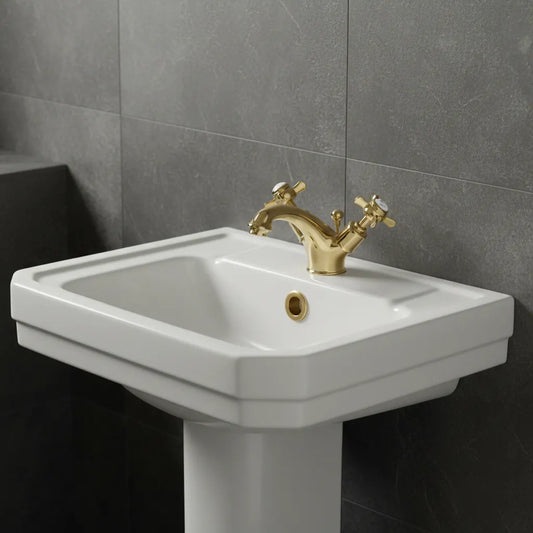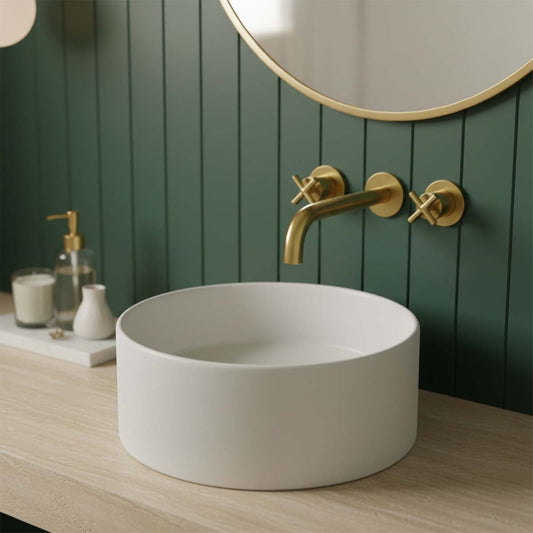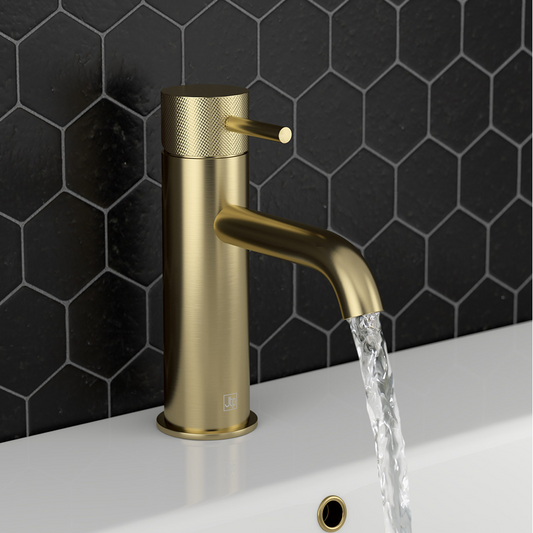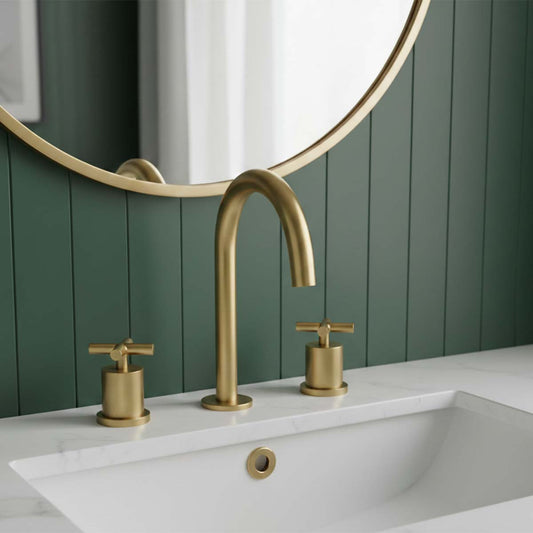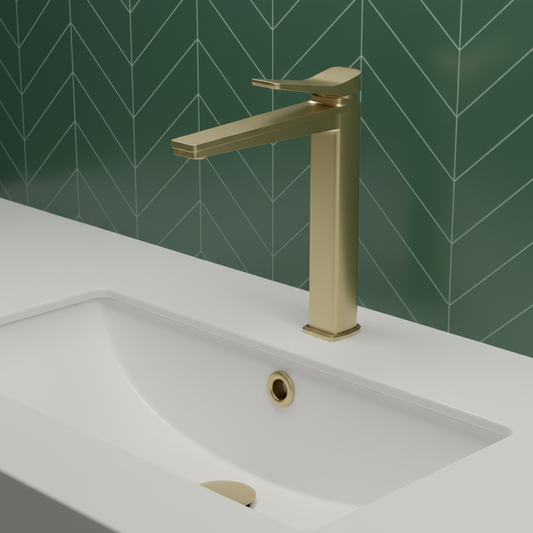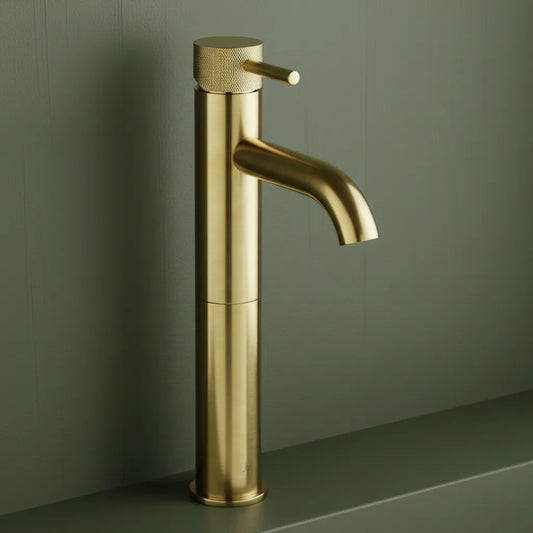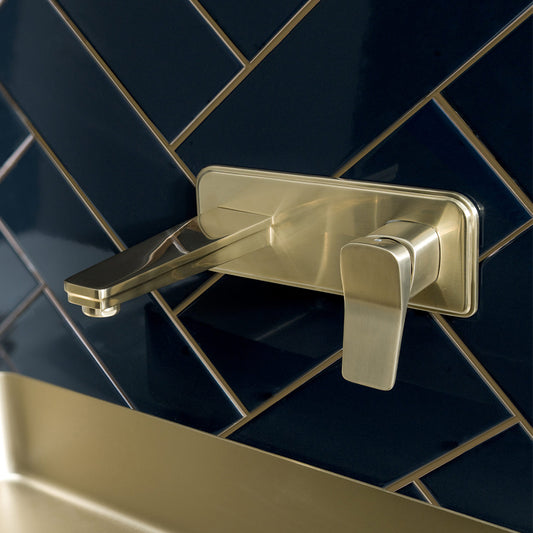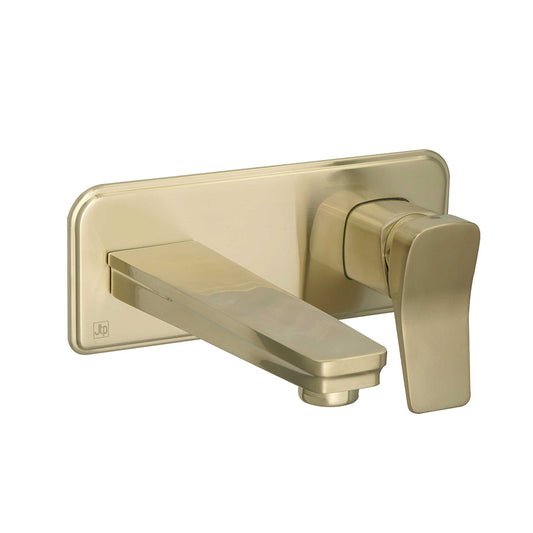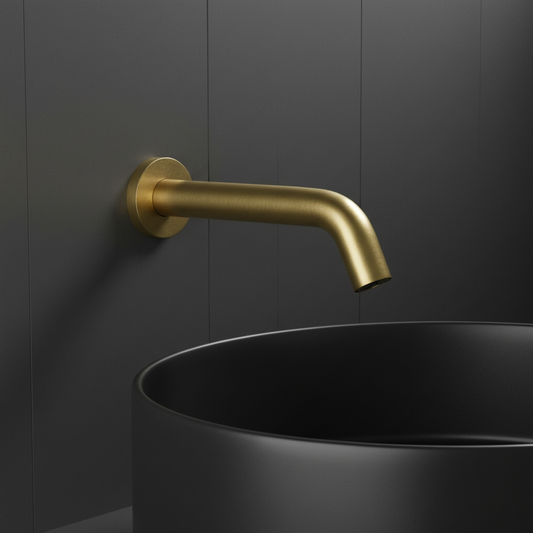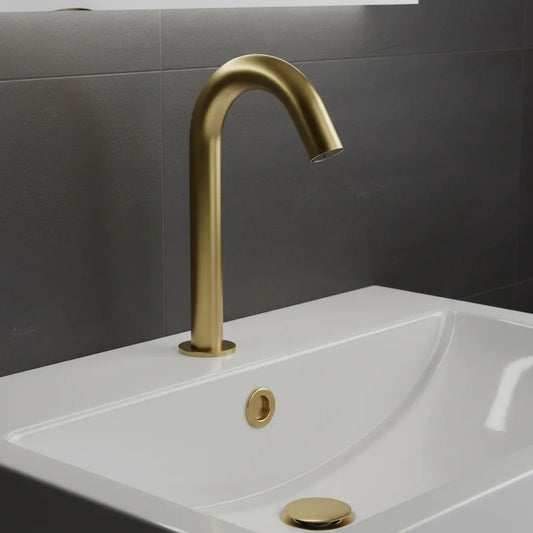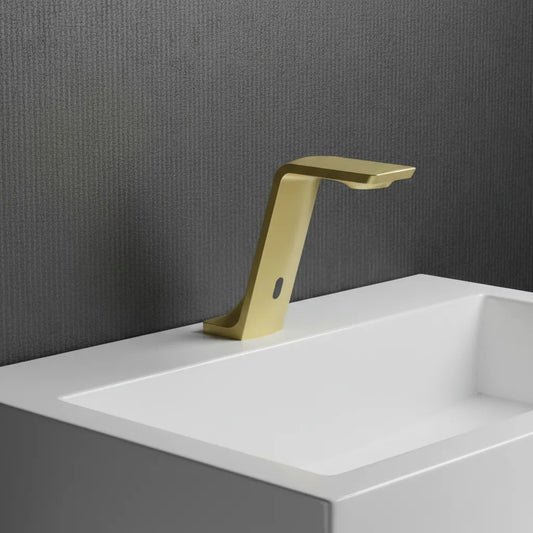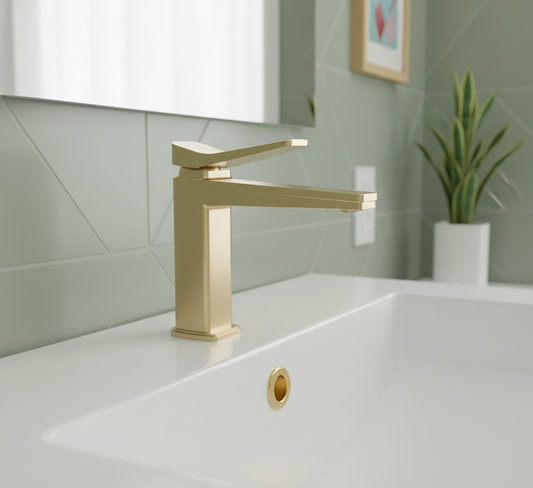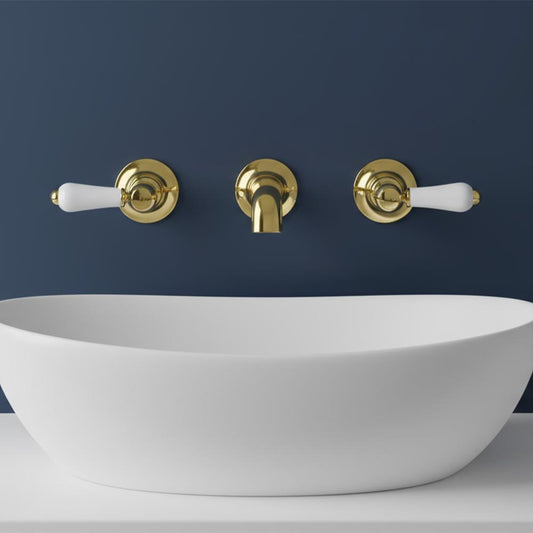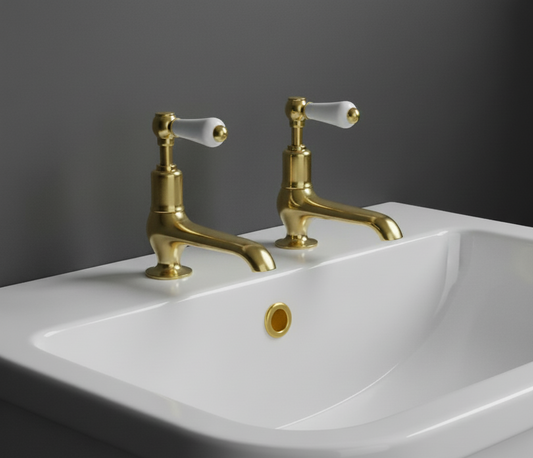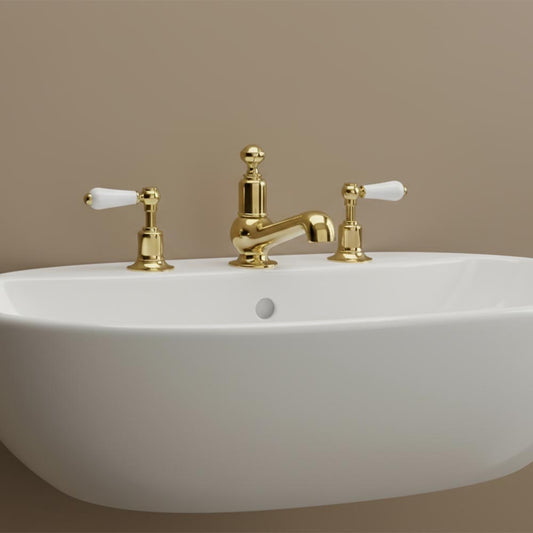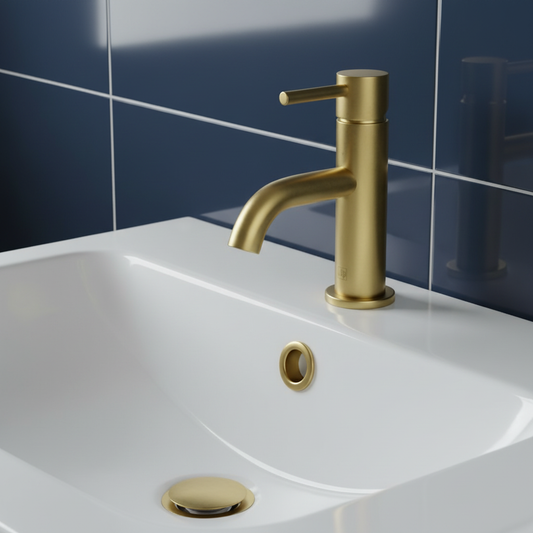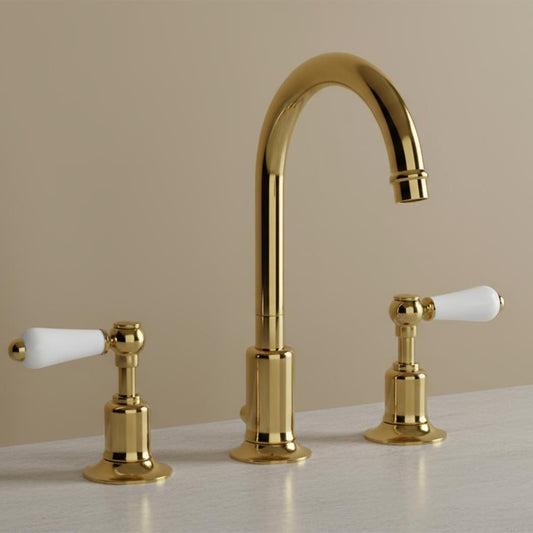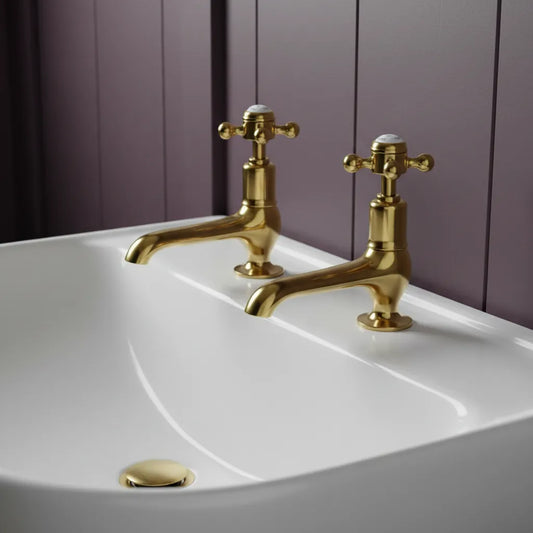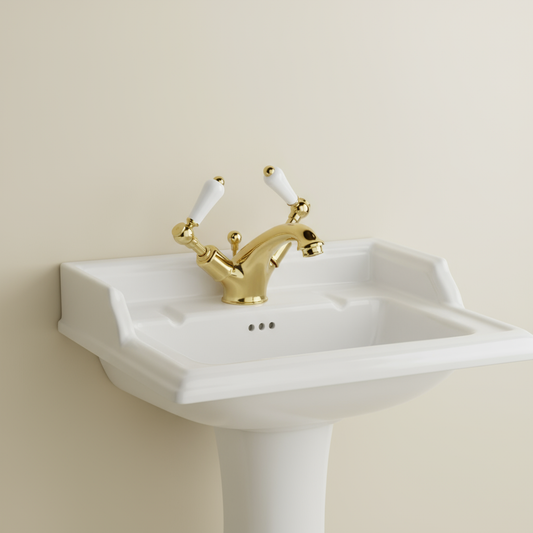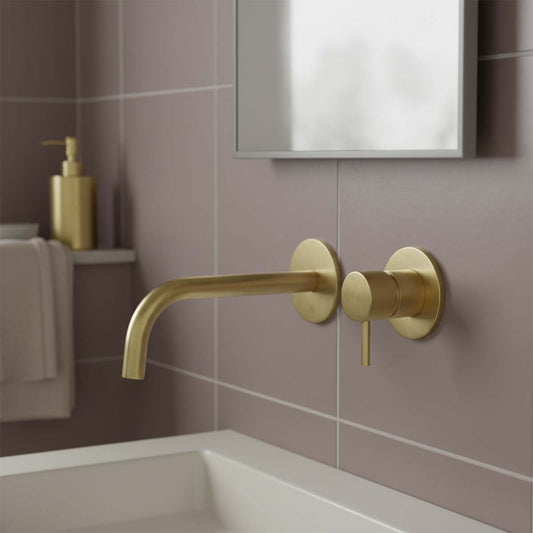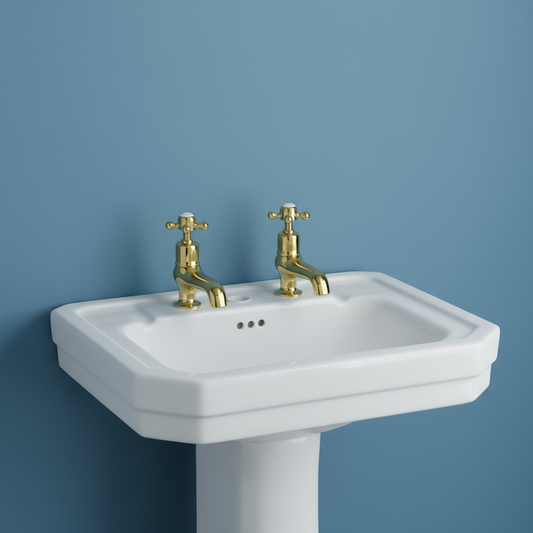Unravelling the Mysteries of Water Pressure in Your Home
Navigating the complexities of water pressure in your home doesn't have to be perplexing. This extensive guide demystifies the concept of water pressure, offering insights and practical tips to help homeowners understand and manage it effectively. Whether you're dealing with low pressure in your shower or trying to prevent high pressure from damaging your pipes, this article covers everything you need to know.
Introduction to Water Pressure
The concept of water pressure in a home is often something most homeowners know exists but may not fully understand. Water pressure is the force exerted by the flow of water through your plumbing system, and it plays a crucial role in the overall functionality and efficiency of your household's water supply.
But why is water pressure such a critical aspect of your home's plumbing system? The answer lies in its impact on everything from the performance of your shower to the functionality of sophisticated fixtures like gold bathroom taps. Optimal water pressure ensures that water flows smoothly and reaches all parts of your home efficiently.
However, issues with water pressure – whether it's too low or too high – can lead to various problems, ranging from the mere inconvenience of a weak shower stream to the significant damage of bursting pipes
Causes of Water Pressure Issues
Low Pressure Causes
- Clogged pipes or aerators.
- Partially closed main shutoff valve.
- Faulty pressure regulator.
- Municipal water supply issues.
High Pressure Causes
- Overly aggressive municipal pump settings.
- Thermal expansion in a closed system.
- Faulty pressure regulator.
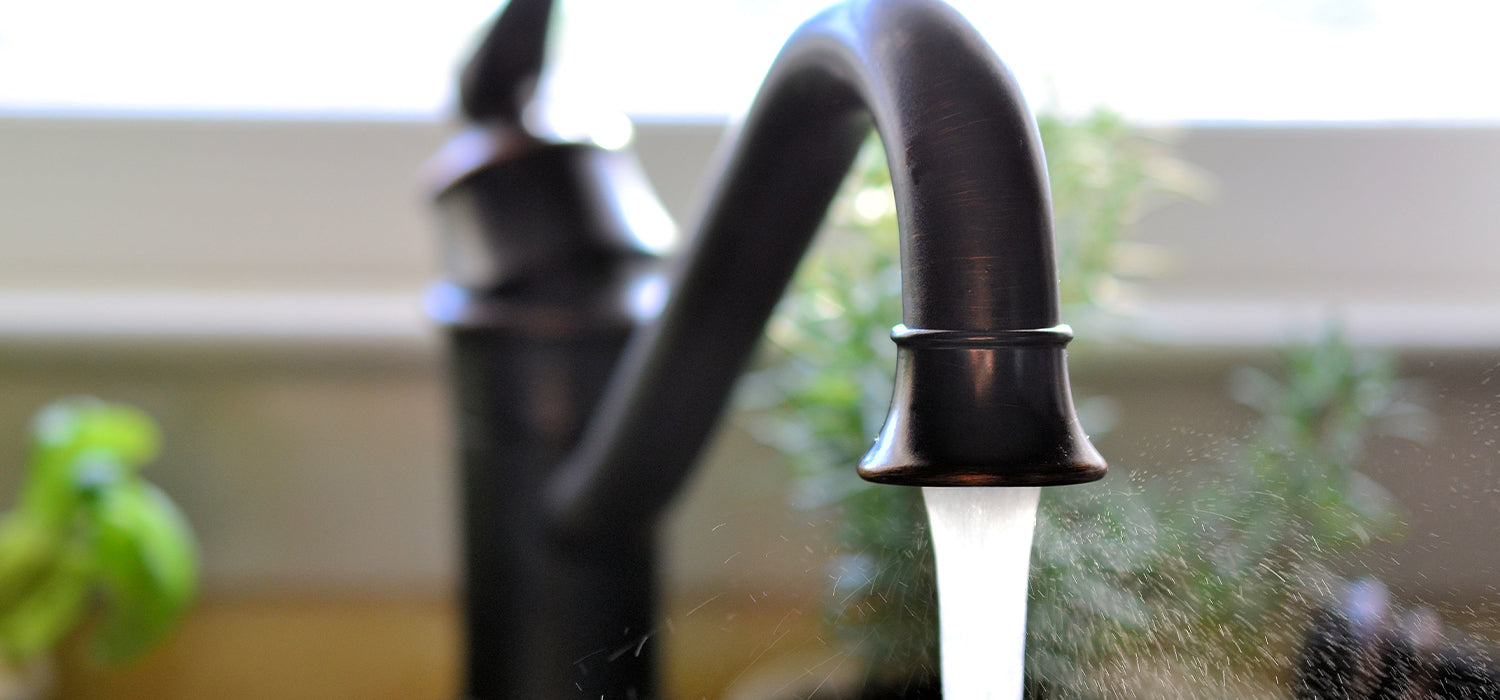
Measuring Water Pressure
You can measure water pressure using a pressure gauge. This tool, easily attachable to a spigot or tap, gives readings in pounds per square inch (PSI). An ideal pressure level is typically between 40 and 60 PSI.
Adjusting Water Pressure
If your water pressure is not within the ideal range, consider the following steps:
- Adjust the pressure regulator.
- Check for and fix any leaks.
- Clean or replace clogged pipes and aerators.
Preventing Pressure Problems
Regular maintenance is key to preventing water pressure issues. This includes routine checks of the pressure regulator, monitoring for leaks, and cleaning aerators and filters.
Professional Help
For persistent or complex water pressure issues, it's advisable to consult a plumbing professional. They can provide expert assessments and solutions, especially in cases involving internal plumbing or municipal supply.
Conclusion
Understanding and managing water pressure in your home is crucial for maintaining an efficient and safe plumbing system. Regular checks, timely adjustments, and professional interventions when necessary can help ensure that your water pressure remains optimal.
Have you ever experienced water pressure issues in your home? What steps did you take to resolve them, and do you have any tips for fellow homeowners? Share your stories and advice in the comments below.
other related blogs :







